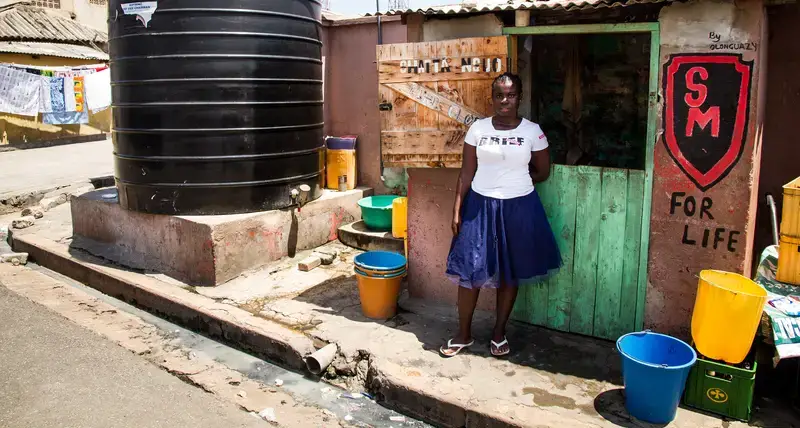Since 2016 UN-Habitat has supported the government of Argentina in the implementation of the global agendas, #2030Agenda and the #NewUrbanAgenda. UN-Habitat’s technical assistance has helped define the National Urban Policy for Argentina, organize the first National Urban Forum, and strengthen the National Urban Observatory. By doing so UN-Habitat has contributed to foster a collaborative and knowledge-based approach towards more inclusive and sustainable cities.
Impact
Urban numbers
Challenges
Argentina is a highly urbanized country. Out of a total estimated population of about 44.500.000 for 2018, more than 92% live in urban areas. However, 47.6% of the country’s urban population is concentrated in only 8 agglomerations with a predominance of the Metropolitan area of Buenos Aires. Due to poor planning, urban growth was disorganized and lead to urban sprawl, low density and often lack of infrastructure. Around 12.000.000 people live in vulnerable areas.
The way in which cities have developed led to a deficient mobility scheme, strong inequalities regarding land access, and a productivity system that has had important impacts on the natural resources. Although the consequences affect the entire population, they do affect stronger those that are the most in need.
Country Beneficiaries

"The New Urban Agenda and the Sustainable Development Goals are key frameworks for our work. We, from the Housing Institute of Buenos Aires City (Instituto de la Vivienda de la Ciudad de Buenos Aires - IVC) also understand that integration needs to be approached from multiple dimensions: housing, urban and socio-economics and we work to create equal opportunities for everyone to live in a more integrated City. Rethinking public policy from a new habitat paradigm implies an inclusive administration and planning in pursuit of a common future."
Juan Maquieyra, President of the City of Buenos Aires Housing Institute
Donors and partners
The success of our work in Argentina relies on successful partnerships, particularly with national authorities. For the last two years UN-Habitat has been involved with the Ministry of Interior, Public Works and Housing. The agency has also developed partnerships with the Government of the City of Buenos Aires. Our work in Argentina led us to interact with multiple actors coming from the Academia, Civil Society Organizations and the Private Sector, becoming part of a network of active actors pushing the urban agenda and working to foster more sustainable and resilient cities.
